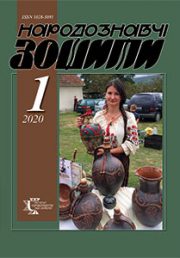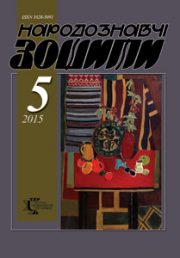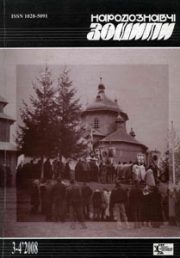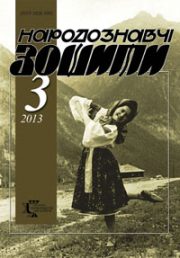The Ethnology Notebooks. 2023. № 2 (170), 307—313
UDK007:316.485.6
DOI https://doi.org/10.15407/nz2023.02.307
ABOUT THE PRINCIPLES OF DIALOGUE
YASKIV Oleg
- ORCID ID: https://orcid.org/0000-0002-8327-022X
- Doctor of Engineering,
- Ukrainian Catholic University,
- Vice-Rector for Scientific Work,
- 17, St. I. Svientsitskoho, 79011, Lviv, Ukraine,
- Contacts: e-mail: oleh.yaskiv@ucu.edu.ua
Abstract. The author considers the problems of dialogue and ways to overcome them.
Having identified different types of dialogue, the author believes that one of the ways to overcome the problem of communication is in the interlocutors’ awareness of the probabilistic nature of knowledge.
The author also suggests distinguishing views from beliefs to give them different meanings during dialogue.
One of the causes of misunderstandings, both interpersonal and societal, is a wrong attitude to the nature of knowledge; therefore, the author introduces the concept of hypothetical truth and incompleteness of knowledge, which relieves the interlocutors of the need to be dogmatic about their own beliefs.
Within the framework of these ideas about dialogue, the author distinguishes between faith and trust and emphasises the distinction between their role in forming personal opinions.
As a result of rethinking the principles of dialogue, the author substantiates the inevitability of unrest in human existence and outlines ways to overcome global conflicts between human communities.
Keywords: dialogue, probabilistic nature of knowledge, the difference between views and beliefs, nature of truth, faith and trust, formation of opinion.
Received 25.02.2023
REFERENCES
- Penrose, R. (2017). Fashion, Faith, and Fantasy in the New Physics of the Universe. Princeton: University Press.
- Bambach, Ch.R. (1995). Heidegger. Dilthey and the Crisis of Historicism. Ithaca: Cornell University Press.
- Bohm, D. (2004). On Dialogue. Routledge.
- Popper, K. (1983). Logic and Growth of Scientific Knowledge. Moscow: Progress [in Russia].
- Philip, F. (1960). Philosophy of science. Connection between science and philosophy. Moscow [in Russia].







